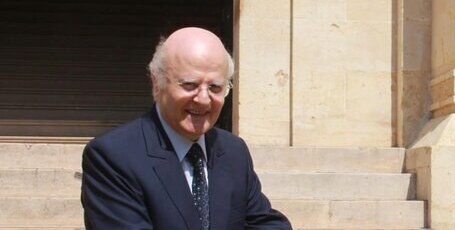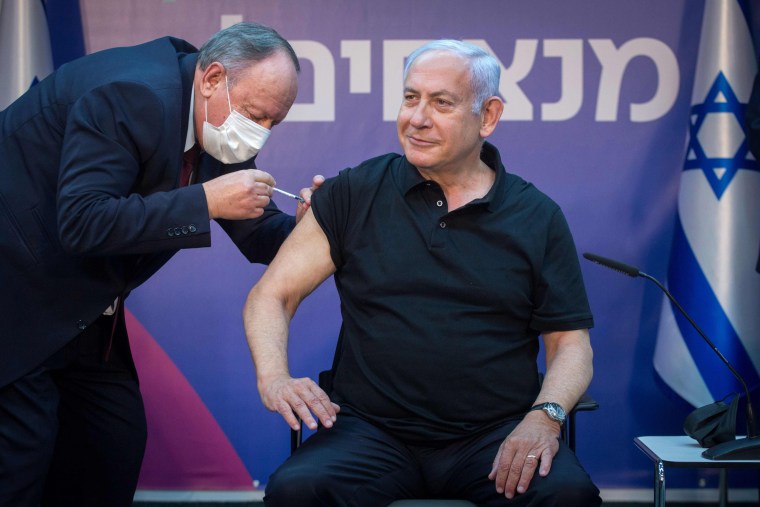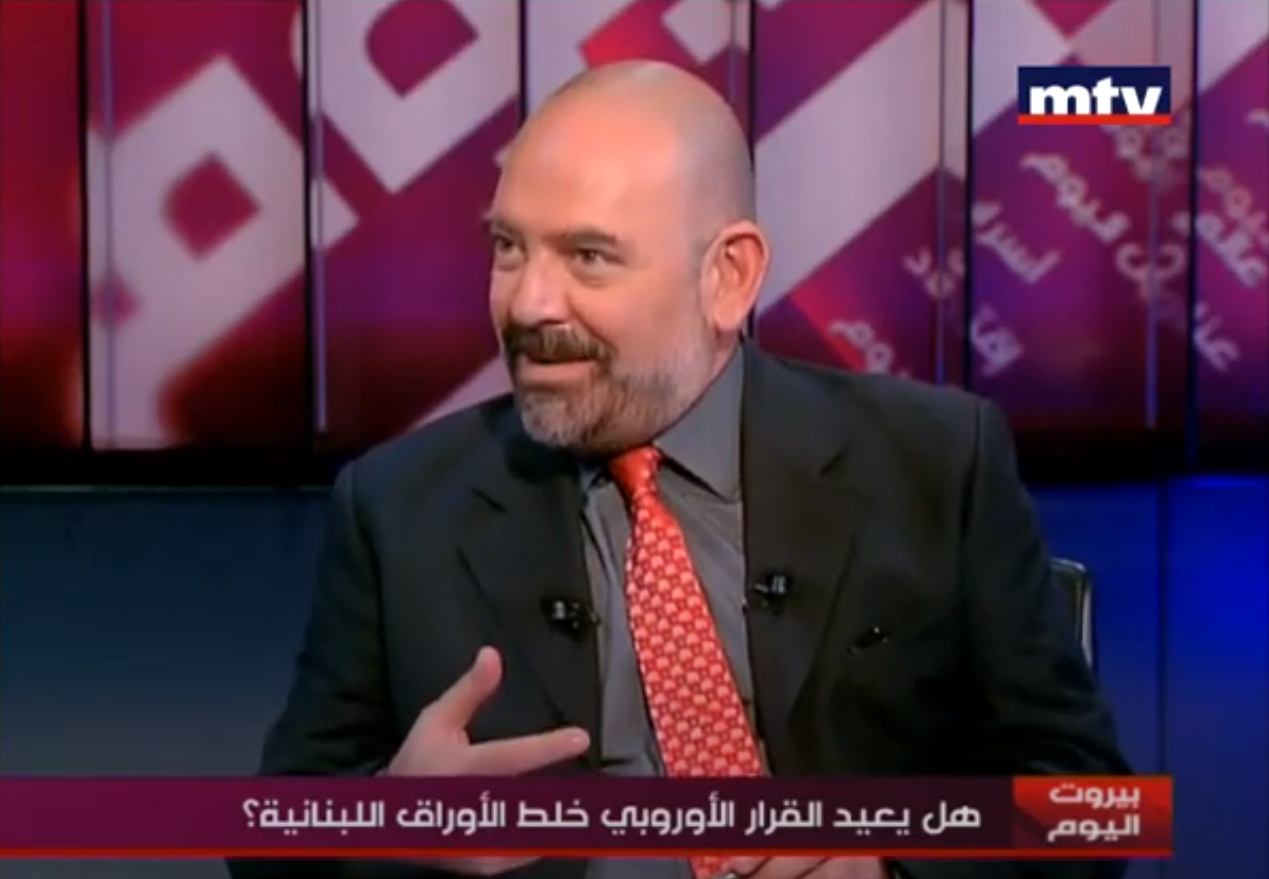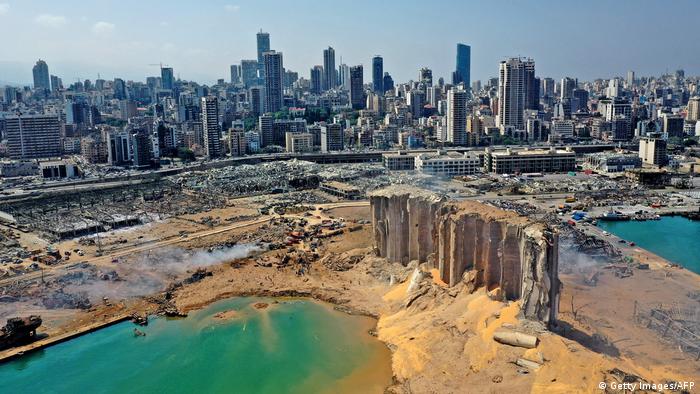
By NAJIA HOUSSARI — arabnews.com — BEIRUT: Jean Obeid, the veteran Lebanese MP and former journalist who twice ran for the presidency, died on Monday from complications related to COVID-19. He was 81. Obeid, born in the village of Alma in northern Lebanon, was minister of education, youth, sports, and foreign affairs in the governments of Rafik Hariri. In 1987, during the civil war, he was abducted by gunmen in West Beirut and released unharmed after four days. A member of a prominent Maronite family, Obeid had a successful career as a journalist before entering politics. He was an MP from 1991 until 2005, and returned to parliament in 2018 when he won a seat representing Tripoli. Lebanon began gradually relaxing its three-week virus lockdown on Monday despite a high number of COVID-19 cases.
The Ministry of Health recorded 54 deaths and 2,081 new COVID-19 cases on Sunday, bringing the cumulative death toll to 3,616 and the total number of cases to 319,917 since Feb. 21, 2020. Arab News obtained a report by the Crisis Observatory at the American University of Beirut (AUB) referring to three alarming indicators that suggest a new wave of COVID-19 is underway. According to the report, positive polymerase chain reaction (PCR) tests reached 22 percent during the past two weeks, the highest rate in the world. The World Health Organization (WHO) advises against the return to normality or semi-normality before this percentage drops to 5 percent or below.









